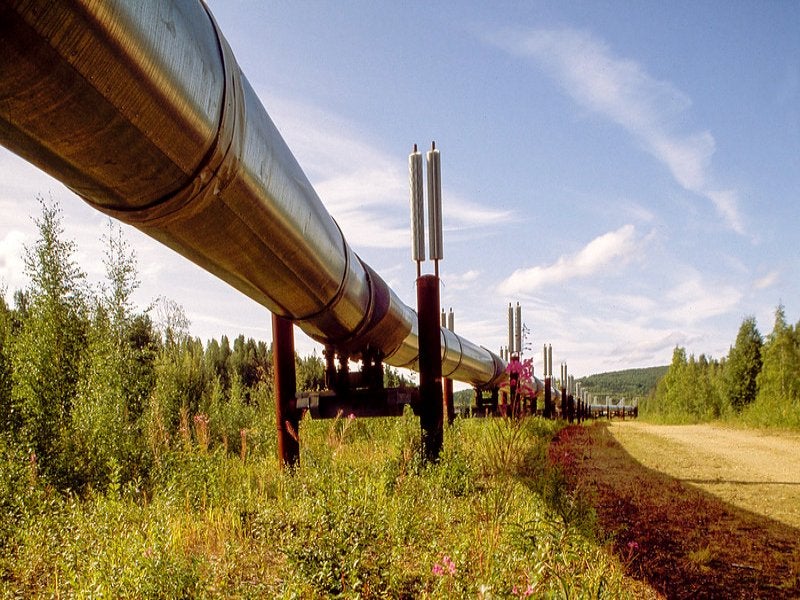
The New Jersey Board of Public Utilities has granted its approval for a settlement that paves the way for PSE&G to embark on the modernisation of its aging natural gas pipelines from 2024 to 2025. This initiative holds the promise of bolstering safety and reliability while playing a crucial role in assisting New Jersey in achieving its clean energy objectives. By extending the second phase of PSE&G’s Gas System Modernization Program (GSMP), the state’s largest utility anticipates investing $902m over the span of two years. This substantial investment not only safeguards numerous well-paying jobs but also makes a significant contribution to the state’s economy.
This extension affords PSE&G the opportunity to persist in its efforts to enhance the existing gas distribution system, focusing on bolstering reliability and simultaneously curbing greenhouse gas emissions. It is projected that this modernisation endeavour will result in a reduction of approximately 54,000 metric tonnes of CO2 equivalent emissions by replacing a minimum of 400 miles of antiquated pipes with state-of-the-art alternatives. Even though PSE&G has successfully replaced nearly 1,800 miles of cast iron and unprotected steel mains in recent years, it remains the utility in the US with the largest inventory of aging cast iron pipelines, much of which have reached the venerable age of 70 to 100 years.
PSE&G president and chief operating officer Kim Hanemann said: “Continuing this work that reduces methane emissions and enhances the reliability of our gas system is a critical step to realising our Powering Progress vision for customers.
“Natural gas has been the most affordable heating option for millions of New Jersey customers for years. We’re pleased to continue our balanced approach to decarbonisation while meeting today’s energy demand.”
In 2014, PSE&G embarked on an accelerated effort to modernise its gas system, involving the replacement of aging pipelines with cutting-edge gas lines. As of now, approximately one-third of this mission has been completed, with 1,450 miles of gas lines successfully replaced. These initiatives have yielded substantial environmental benefits, notably a reduction in methane emissions by around 300,000 metric tonnes of CO2 equivalent emissions from 2011 to 2022, equivalent to the environmental impact of taking 65,000 cars off the road. The second phase of the Gas System Modernization Program (GSMP) concluded earlier this year, leading to a commendable reduction of approximately 22% in PSE&G’s gas system methane emissions compared to 2018 levels.
Moreover, these upgraded gas lines have significantly improved reliability. For instance, when Tropical Storm Ida caused extensive flooding in September 2021, our modernisation efforts prevented shutoffs for 90,000 gas customers.
To further underscore the positive outcomes, PSE&G’s residential gas bills are now approximately 35% lower than they were in 2008.
Additionally, under this settlement, PSE&G has agreed to postpone action on the third phase of GSMP, with the parties involved set to reconvene on this matter no later than January 2025. If approved, the work encompassed by the third phase is expected to commence in January 2026.






